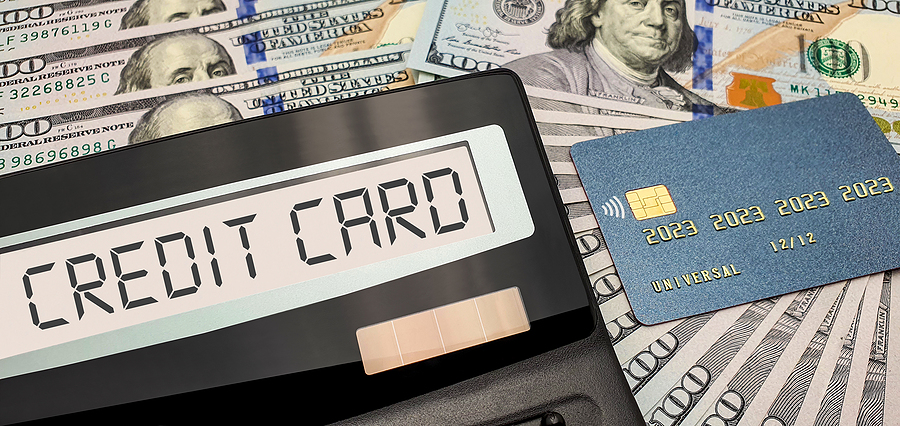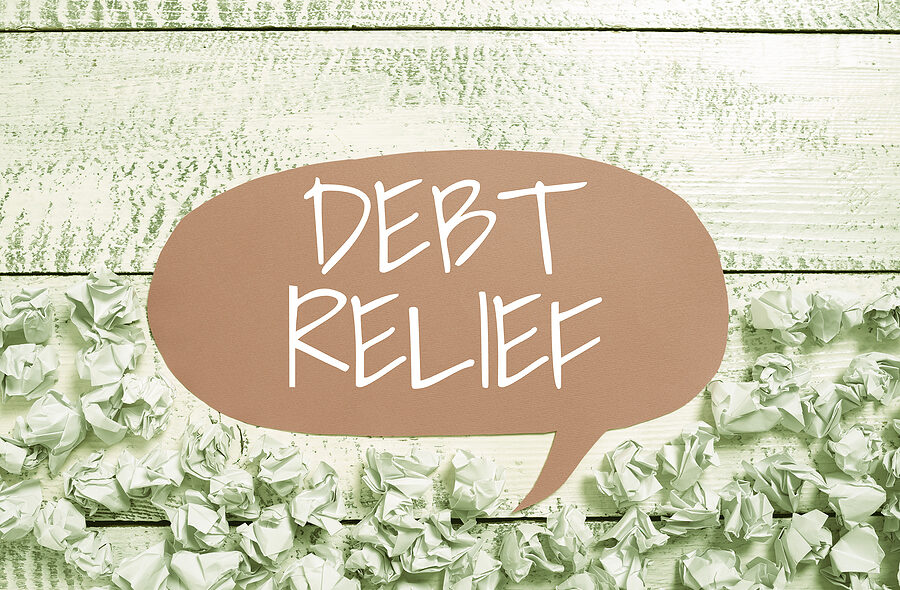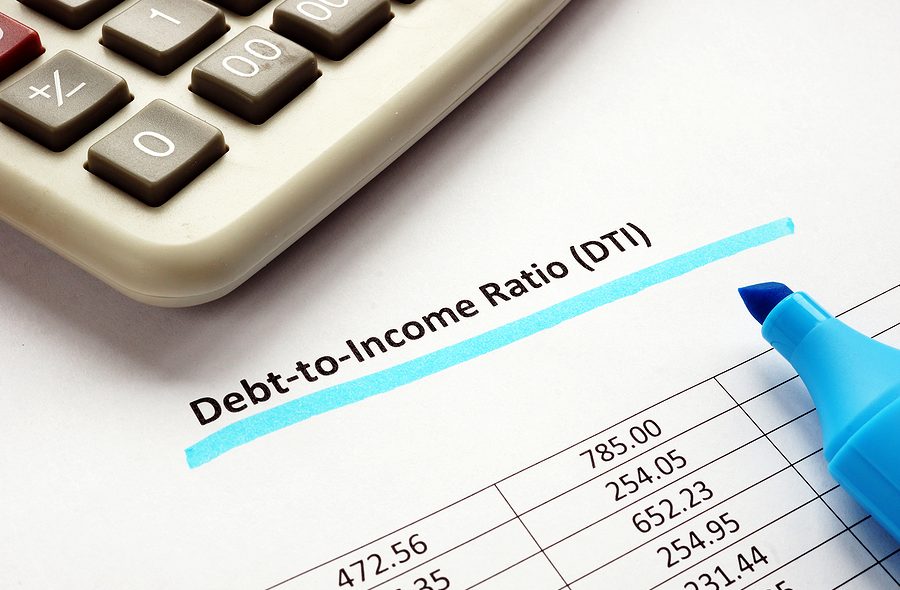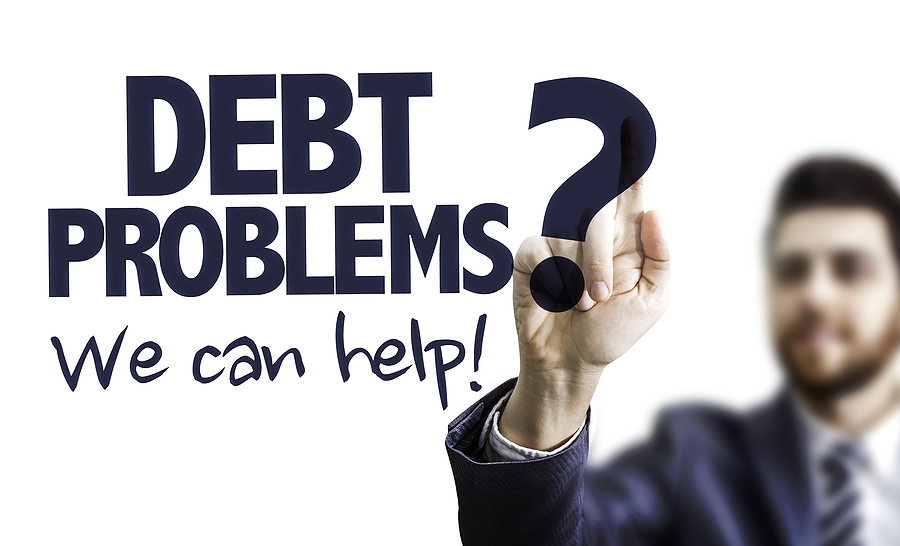Debt is a weight that can drag you down and make you feel like you are drowning without any way out. Having extreme debt can affect your health, happiness and personal relationships. Getting out of debt can be an even bigger struggle, if you do not devise a plan that works for your specific situation.
Debt Consolidation
One popular method of paying off debt is through debt consolidation. What consolidation means is the consumer’s debt is combined into one, single debt amount owed. Debt consolidation can be done through many different methods. A consumer can apply for a personal loan or consolidation loan to pay off all of the debts with the monies from the loan. This method allows you to only make one payment to one creditor rather than multiple creditors. With this method, we strongly advise that you do your research. Not all debt consolidation companies are reputable, and it is important you understand the terms of the loan before signing on the dotted line. For most debt consolidation loans, you need good credit to be approved. If you are already struggling financially, many lenders will see you as a risky bet and will avoid lending to you without a co-signer or at least some collateral to secure the debt.
Credit Counseling
Many different credit counseling resources exist, and they usually involve a professional counselor who will work with the debtor on understanding his or her financial situation and researching possible options to get out of debt. Credit counselors often will work with the individual to organize and manage their debt, and the counselor will also contact the debtor’s creditors on payment arrangements, including creating payment plans or negotiating lower interest rates. Credit counselors can also put together a debt management plan that allows the debtor to make lower monthly payments through the debt counselor who, in turn, pays the individual’s creditors.
Like debt consolidation companies, it is important that you do your due diligence in choosing a credit counselor. Less-than-reputable agencies do exist, so make sure you choose someone who has your best interests in mind. Know that a credit counselor cannot make certain promises, such as guaranteeing that your creditors will work with them or that they will be able to directly reduce your debt. While they can certainly work towards that goal, lenders are not obligated to work with credit counselors. If a ‘credit counselor’ is promising you this or telling you that they can completely eliminate your debt by having you pay a low monthly payment to them, this is a BIG red flag.
Debt Settlement
Another potential option for paying off debt is through debt settlement. This process normally involves a third-party company that works with a debtor’s creditors to allow the debtor to pay a lower amount than what is owed. However, with this option the likelihood of scams is very high. Many of these companies have been reported for taking the debtor’s money and never negotiating on the debt. Additionally, debt settlement can result in a person’s credit taking a rather serious hit due to the fact that the debtor will normally have to stop making payments to the creditor, pushing the accounts into default. Unless the creditor agrees to work with the debt settlement company, a judgment can easily be issued against the debtor, resulting in wage garnishment to satisfy the debt.
Filing for bankruptcy
Debt can be complex and oftentimes frightening to deal with. Many times, people are hesitant or feel ashamed to ask for help. However, not properly dealing with debt can only make problems worse. Rather than run the risk of being sued by a creditor or have your wages garnished, it is best to deal with your debt head on. There are a number of debt relief options available, including filing for bankruptcy, which can completely wipe out unsecured debts like credit cards, medical bills, personal loans and more- and give you a fresh financial start. Exploring these options with the guidance and support of an experienced attorney can help you make the right decision.
Do not let your debt cost you another sleepless night. Here are some of the signs that bankruptcy is right for you. As an experienced CPA as well as a proven bankruptcy lawyer, Timothy Kingcade knows how to help clients take full advantage of the bankruptcy laws to protect their assets and get successful results. Since 1996 Kingcade Garcia McMaken has been helping people from all walks of life build a better tomorrow. Our attorneys’ help thousands of people every year take advantage of their rights under bankruptcy protection to restart, rebuild and recover. The day you hire our firm, we will contact your creditors to stop the harassment. The consultation is free, the relief is real! You can also find useful consumer information on the Kingcade Garcia McMaken website at www.miamibankruptcy.com.






